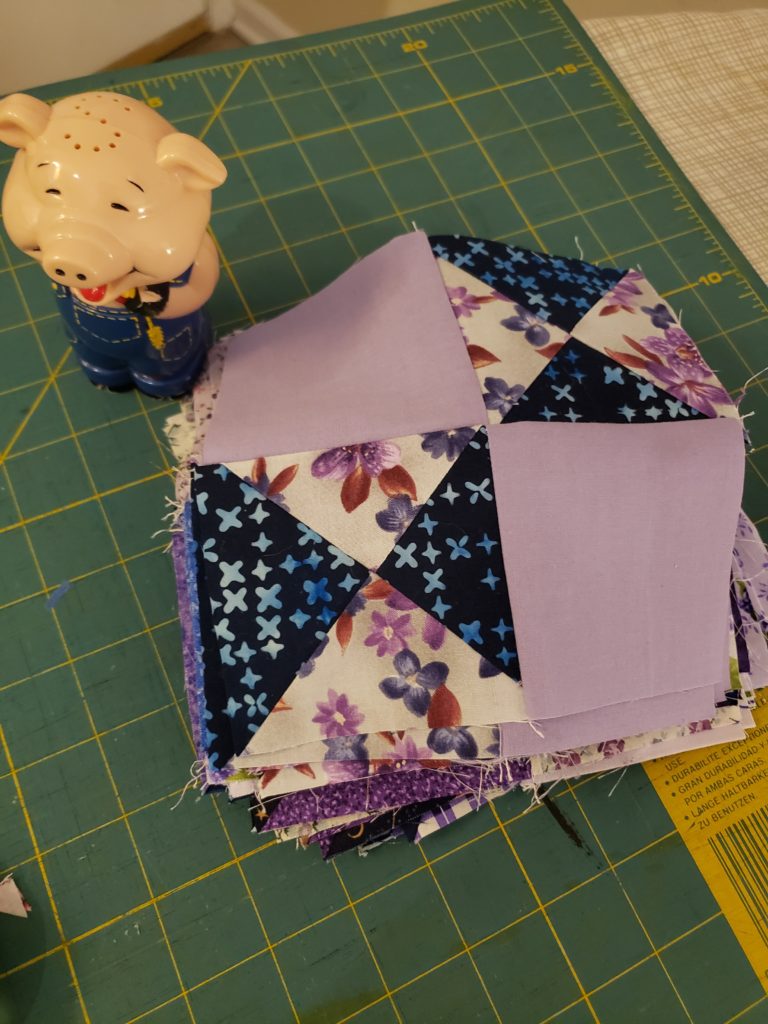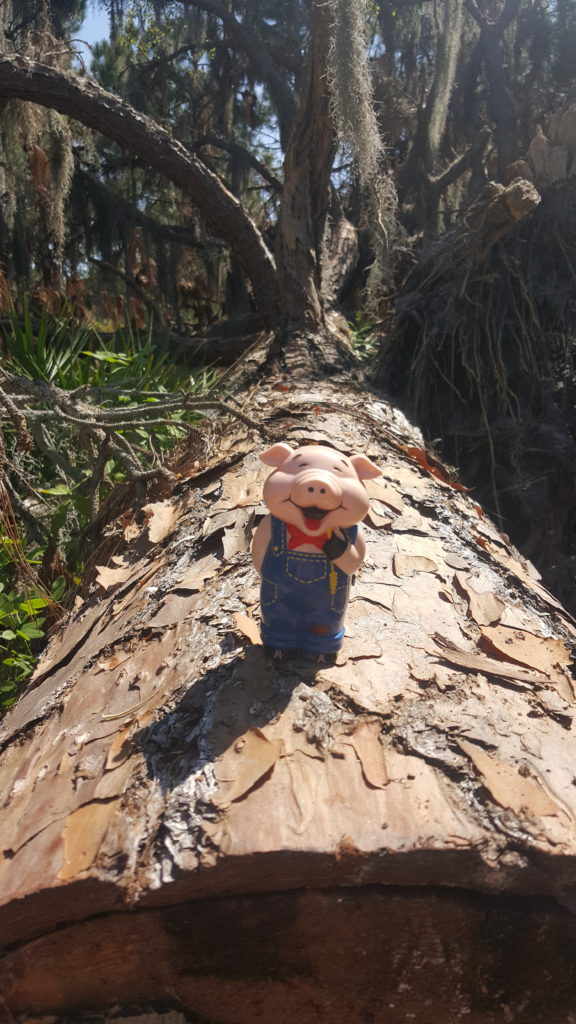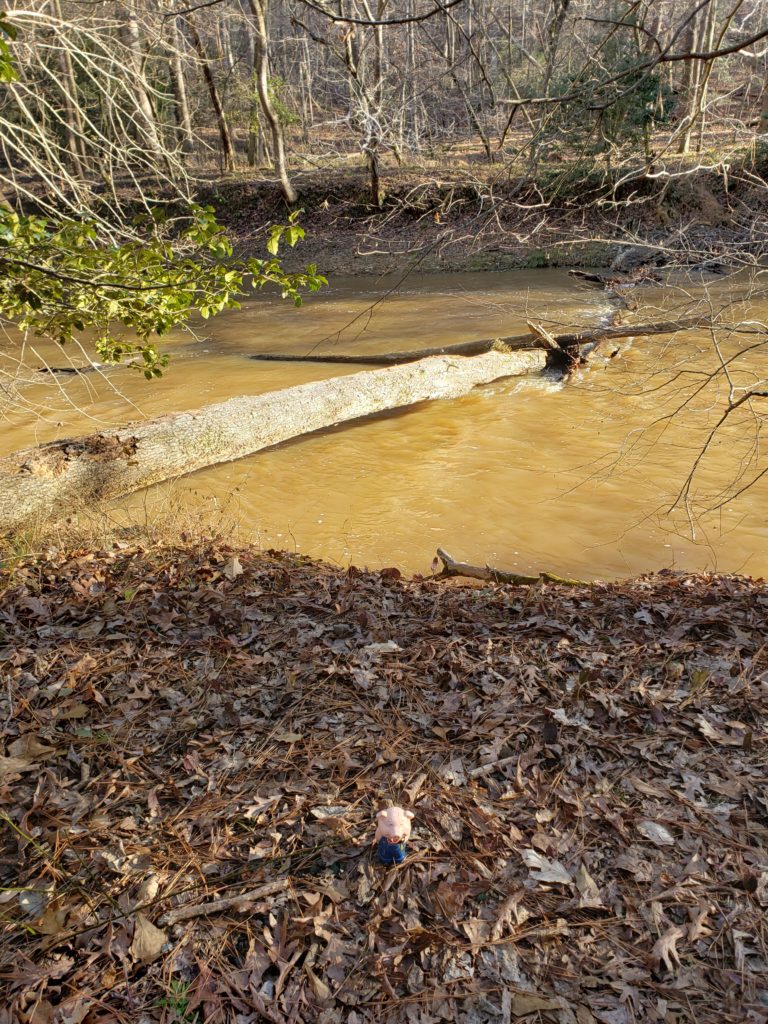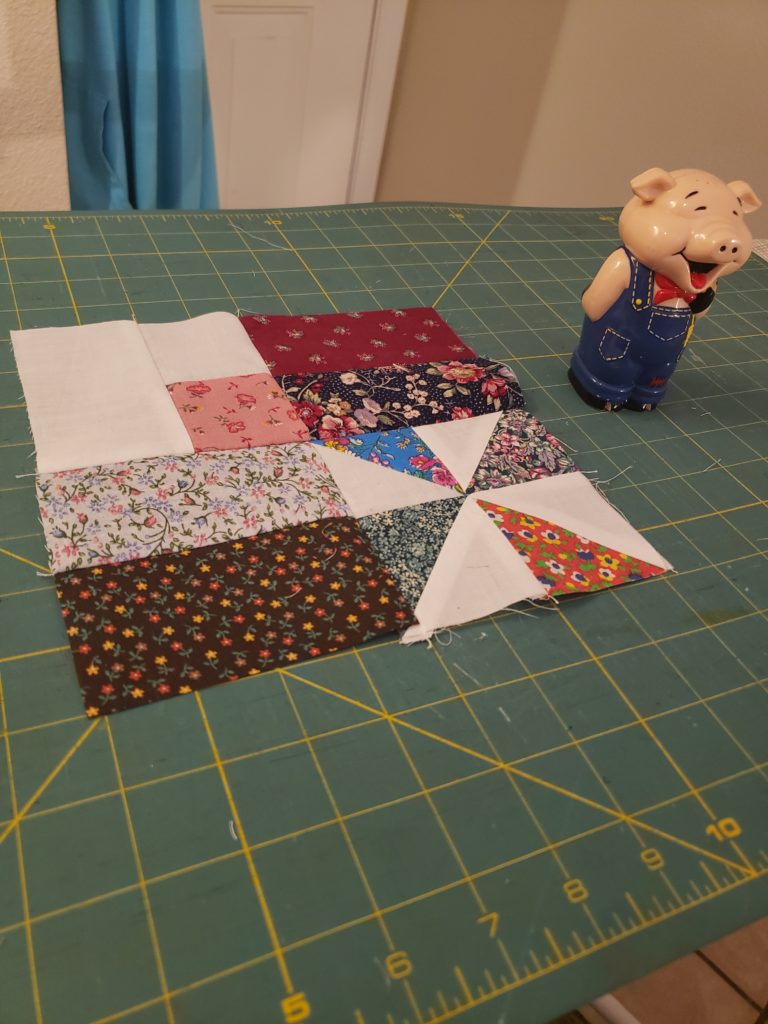
Prodigal: You have a creative touch.
Me: Maybe, but it is nothing like the touch of Jesus!
This comes from the book Joy in Christ’s Presence by Charles Spurgeon
If you have touched Jesus, I tell you that amid the glories of angels and the everlasting hallelujahs of all the blood-bought believers, He has found time to hear your sigh, to receive your faith, and to give you an answer of peace. All the way from heaven to earth there has rushed a mighty stream of healing power, which has come from Christ to you. Since you have touched Him, the healing power has touched you.
How his own self bare our sins in his own body on the tree, that we, being dead to sins, should live unto righteousness: by whose stripes ye were healed. For ye were as sheep going astray; but are now returned unto the Shepherd and Bishop of your souls. 1 Peter 2:24-25
Jennifer Van Allen
www.theprodigalpig.com
www.faithincounseling.org

























